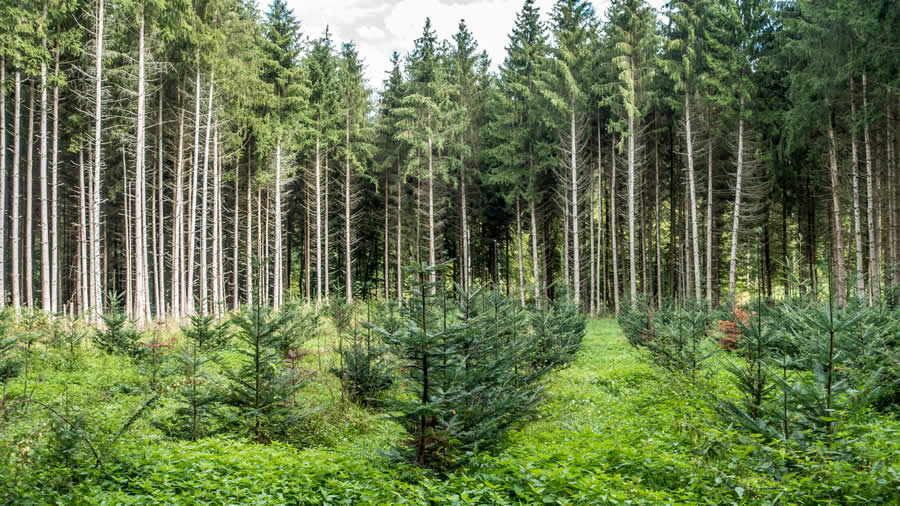When it comes to crafting a garden log cabin, the choice of tree species is a critical factor. Explore why the selection of timber matters and how it profoundly influences the overall quality, durability and aesthetics of your log cabin.
Different tree species exhibit varying qualities of timber. Hardwoods like oak and cedar are renowned for their durability, resisting decay and insect infestations, while softwoods like pine offer affordability and ease of construction.

Each tree species imparts a unique character to the log cabin. From the rich, dark tones of mahogany to the light, natural hues of spruce, the aesthetic appeal is closely tied to the choice of timber.
Certain tree species possess natural resistance to elements such as moisture, fungal growth, and extreme temperatures. This resistance enhances the longevity and performance of the log cabin.
Renowned for its strength and durability, oak is a premium choice. It ages beautifully, developing a rich patina over time, and is ideal for log cabins where longevity is a top priority.
Cedar is naturally resistant to decay and insects. It boasts a distinct aroma and weathers gracefully, making it a popular choice for log cabins that harmonise with nature.
Pine is a versatile and cost-effective option. While it requires proper treatment to enhance durability, its light colour and straight grain contribute to a classic log cabin charm.
Known for its uniform texture and light colour, spruce is a popular choice for log cabins with a modern and clean aesthetic. It's easily workable and offers good strength.
The choice of tree species directly influences the durability of your log cabin. Hardwoods are naturally more resistant to wear and tear, ensuring a longer lifespan.
Different tree species demand varying levels of maintenance. While hardwoods may require minimal upkeep, softwoods might need regular treatments to enhance longevity.
The appearance of your log cabin evolves over time. Consider how the chosen tree species ages and whether it aligns with your desired aesthetic evolution.
Assess the climate in your region. Some tree species are better suited to specific climates, ensuring optimal performance and longevity.
Consider your budget when selecting a tree species. While hardwoods often come with a higher upfront cost, they might offer long-term savings due to reduced maintenance needs.
Your vision for the log cabin's appearance should guide your choice of tree species. Consider the colour, grain pattern, and overall aesthetics that align with your preferences.
Your garden log cabin is more than just a structure; it's a sanctuary that harmonises with nature. The tree species you choose influences the cabin's quality, aesthetics, and performance. Make an informed decision to ensure your log cabin stands the test of time, providing a retreat that resonates with your vision.
In reality there are only two tree species that you are going to use for your garden cabin. Pine and Spruce. Although hardwoods offer plenty of good reasons to use those, their cost is prohibitive for most applications. As long as Pine and Spruce is looked after, then either provide a sound base for a long term project.
Take a look at our full range of garden cabins manufactured using Spruce timber.
Author - Martin Corby
Posted - 31 Jan 2024
Disclaimer: This information is subject to change and as such, is provided for informational purposes only and does not constitute professional advice. Readers are encouraged to verify the details independently.
© Copyright 2001 - 2024 Garden Adventure Ltd